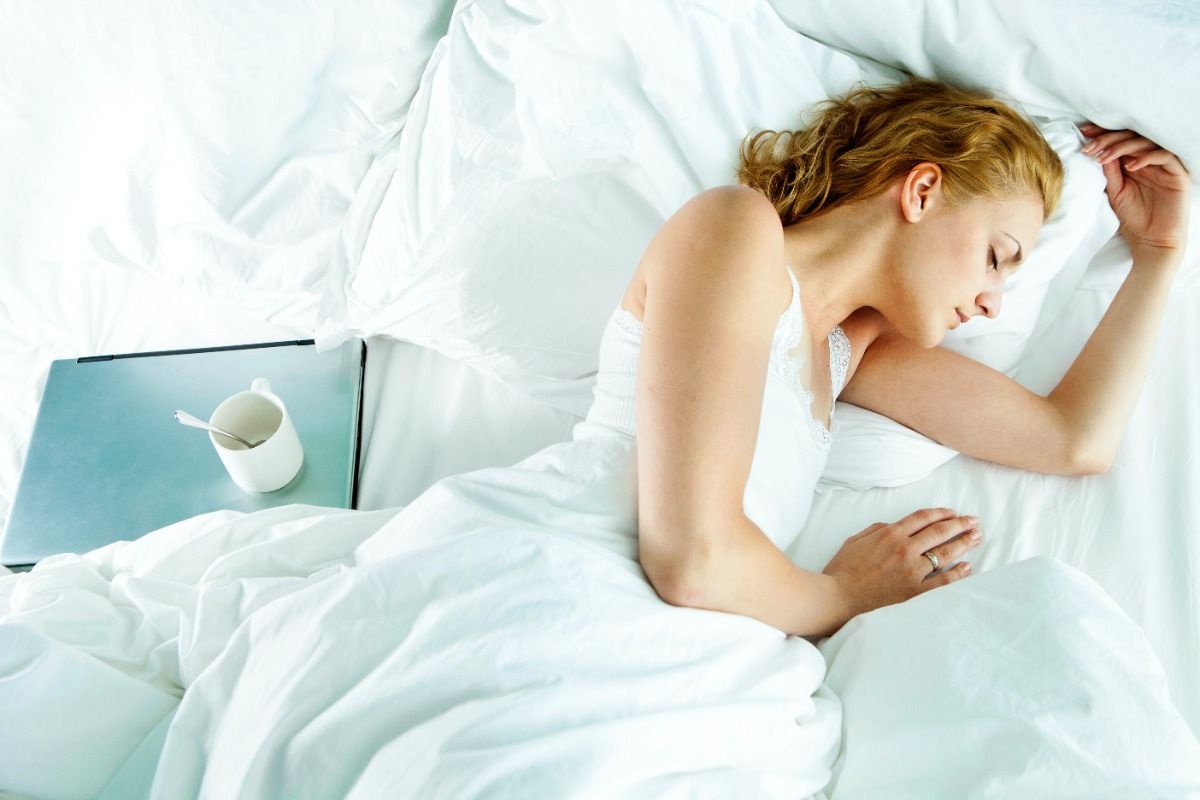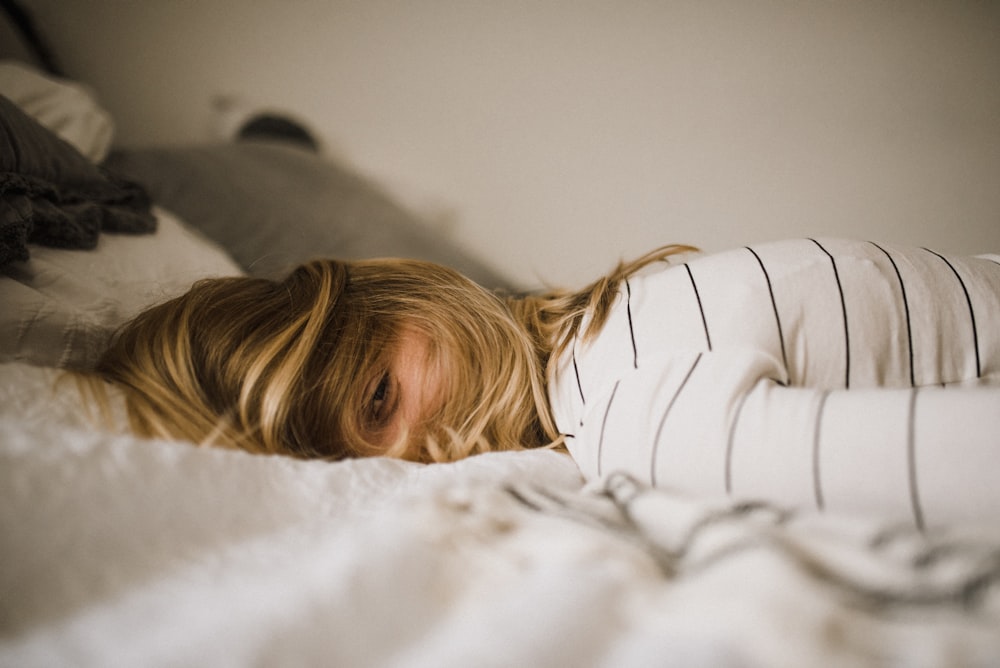
Are you aware of how important your circadian rhythm is? All of us have internal clocks that we don’t hear tick. These internal clocks help us wake up and function throughout the day. These ‘natural timing devices’ help regulate your day-to-day life.
As a part of this internal clock, the 24-hour cycle our body goes through every day is called our circadian rhythm. It runs in the background to carry out all essential functions. One of the most important functions of circadian rhythm is the sleep-wake cycle.
Your circadian rhythm is so important that if it malfunctions, you’ll be prone to exhaustion, and at risk for obesity, heart disease, and mental disorders. The circadian rhythm helps us maintain a healthy schedule to function properly. This is why keeping check of our rhythm is paramount for good health. This properly functioning rhythm also translates directly into your ability to work, play, and live life to the fullest.
All of us have our routines, schedules and ways of doing things. Perhaps you like a good cup of coffee upon waking up or a cup of tea in the evening. Maybe you work out every morning or enjoy reading at bedtime. These types of routines are quite normal for all of us; however, what we don’t often realize is our bodies operate the same.
Your body follows a certain rhythm that dictates your biological processes. This rhythm lets you anticipate and prepare for regular changes in your environment.
For example, your body needs to eat, be active, and rest at certain times. How does your body know what needs to be done at what time? It does so with the help of a 24-hour cycle that responds to light and dark. When it’s daytime, your body wakes up and eats at opportune times. When it’s dark, your body gradually enters sleep mode.
This is taken care of by your circadian rhythm. It’s your body’s way of remembering when it’s naturally time to rise and fall.
When your internal clock malfunctions, due to lifestyle changes or artificial light, it may affect your sleep.
How Circadian Rhythm Affects Your Sleep
The circadian rhythm is connected to a master clock, also called the circadian pacemaker. This pacemaker is highly sensitive to light. It’s a part of the hypothalamus and receives direct input from your eyes. Serving as a cue to coordinate the internal clock of the body, it connects your circadian rhythm to day and night.
When your biological processes are working as they should, you’ll feel changing levels of alertness throughout the day. In the morning and mid-day, you should have more energy. As evening approaches, you should have increased levels of tiredness. You should naturally feel sleepy as you get closer to bedtime, so if you’re not, something is off with your internal clock.
That’s the reason your circadian rhythm is crucial for a good night’s sleep. Any issue or disorder affecting the circadian rhythm can ruin your sleep and throw you off from your body’s natural equilibrium. It can cause sleep deprivation, excessive daytime sleepiness, and several sleep-related disorders. What’s more, sleep is required for proper digestion and cell recovery. When this doesn’t happen, you stand the chance to pick up severe health issues.

What Causes Circadian Rhythm Disruption?
The use of artificial lights, screens, and the added stress of the pandemic cause more damage to our circadian rhythm than anything else. Sleeping well during the pandemic is important due to extra use of technology and social media, work/school-related stress, and financial strains.
Plenty of other things can also throw your body’s internal clock off the hook. A few of these include jet lag, an irregular or ‘odd’ sleep schedule, a change in your sleep pattern, and excessive screen exposure before bedtime.
A recurring theme you need to spot here is inconsistency. Whenever anything happens that is inconsistent with your normal sleep-wake cycle, it will keep your circadian rhythm off-kilter. The most damaging of these is an improper sleep schedule. Sleeping inconsistently and working odd hours have a big impact on your biological processes. Ideally, you don’t want anything to tamper with your sleep circadian rhythm.
Maintaining a Healthy Circadian Rhythm
A healthy lifestyle is required for a healthy circadian rhythm. Living a healthy lifestyle includes eating properly, working out, limiting caffeine and going to bed at a reasonable hour. If you eat junk all the time, live a sedentary lifestyle, and watch TV until 2:00 AM, you’re going to throw your body off.
If you want a properly functioning circadian rhythm, take care of these factors:
- Sleep Schedule and Sleep Hygiene: Try to stick to a fixed time to wake up and go to bed. This is crucial as varying your sleep time too much can hinder your natural rhythm. Avoid consuming caffeine or alcohol late in the evening. Consuming alcohol can cause sleep disorders, while caffeine can impact your ability to fall asleep at all. It’s best to avoid caffeine after the clock strikes noon.
- Light Exposure: There’s a catch-22 where light exposure is concerned. On one hand, exposure to sunlight helps establish the strongest circadian cue. On the other hand, excessive exposure to light, especially artificial blue light, can disrupt your circadian rhythm. Therefore, it’s best not to use any electronic devices 90 minutes before your bedtime. You could read or journal by soft candlelight instead.
- Regular Exercise: Regular exercise is a salient way to optimize your biological clock. Not only is it good for your body but also strengthens your brain. By working out, you stay active during the day. This releases excessive energy and helps you tone down during bedtime. However, you need to be careful not to exercise too close to bedtime, as it could energize you and hamper your natural sleep cycle.

What if I Can’t Sleep Early?
Fixing your sleep schedule is easier if you’re a natural early bird. However, if you’re a night owl or you genetically have a late chronotype, it might be difficult for you to fall asleep early enough to be able to wake up early.
If you’re a natural night owl, research suggests that your body clock runs slower than usual. Jobs and other demands may require you to wake up well before your natural time. You may feel out of sync due to awakening when the body prefers to sleep. You may also feel sleep deprived and groggy.
However, you’ll notice that you have a lot of energy at night, especially around midnight. Night owls often outperform morning people in terms of creativity and entrepreneurship tendencies. However, there will be instances where you’re required to wake up early, be it a 9 to 5 job or a personal engagement. You might miss out on important opportunities if you sleep all day, which could make you want to fix your sleep schedule.
Night owl tendencies can also cause high blood pressure and diabetes, another reason why night owls often try to fix their sleep schedule. You might be wondering, How can I wake up early when I am not naturally inclined to?
It will take time to fix your sleep schedule. Try going to bed an hour earlier each day, and waking up an hour earlier each day. Don’t underestimate the power of avoiding screens 60 – 90 minutes before you want to sleep, and avoiding caffeine late in the day. Here are more sleep hygiene tips here that might put you in a healthier rhythm if you start practising them.
To find out your genetic sleep tendencies and to find out whether or not you’re a natural night owl, order your CircleDNA test today.







Comments are closed.